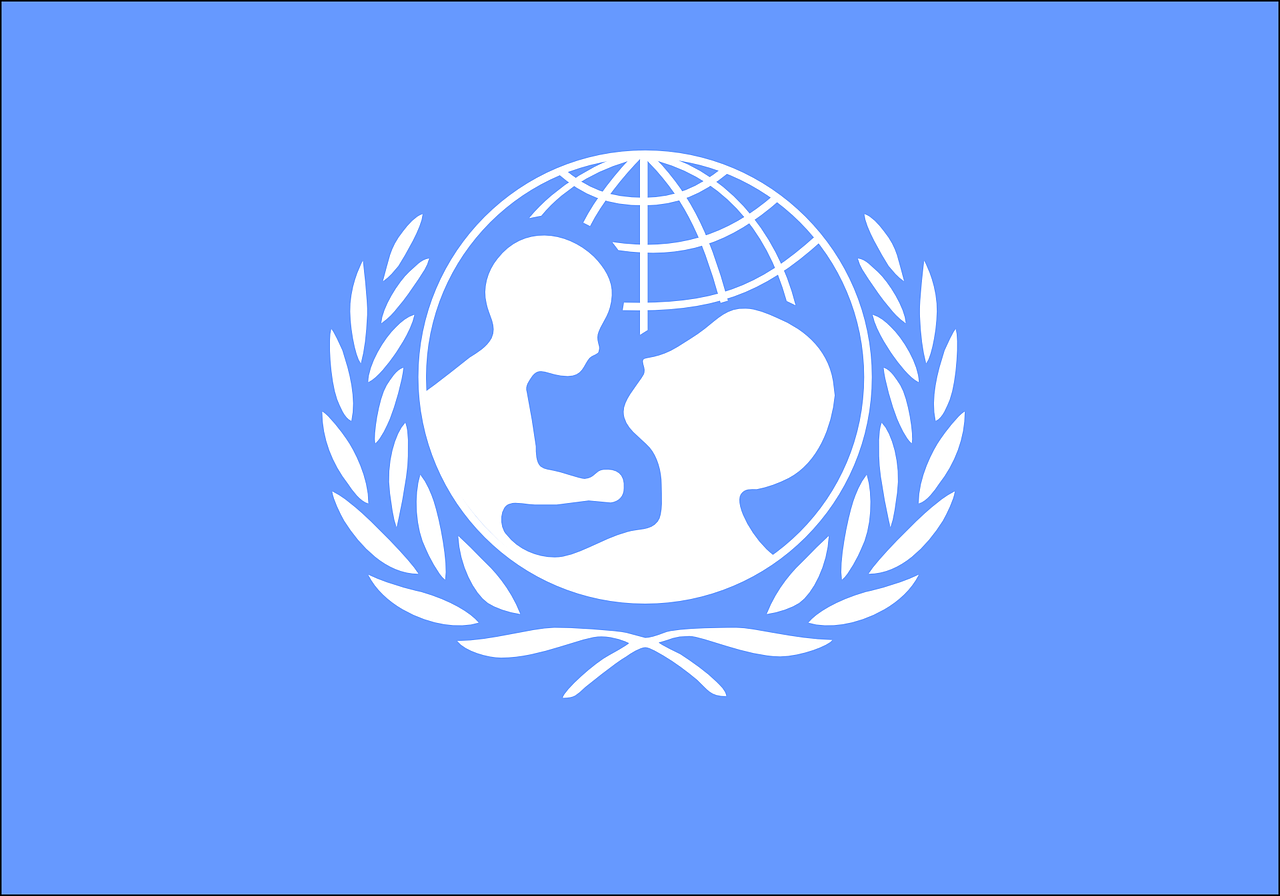UNICEF has issued a stark warning regarding the severe consequences of Israel’s halt on aid deliveries to Gaza, highlighting the catastrophic impact on the region’s most vulnerable residents, particularly infants and children. The organization emphasized that although it has been providing crucial resources such as food, water, and medical supplies, these efforts are insufficient to meet the urgent needs of Gaza’s population amid ongoing conflict.
On March 2, Israel blocked deliveries, exacerbating an already dire humanitarian crisis. Gaza has been suffering from widespread shortages of vital resources, including food, water, and medical supplies, following the escalation of violence between Israel and Hamas. The conflict has resulted in over 45,000 Palestinian deaths and displaced nearly 2 million people.
The lack of functioning hospitals, with only 19 of Gaza’s 35 hospitals still operating, has left many without essential care. Dr. Hanan Balkhy from the World Health Organization warned of a growing risk of famine and malnutrition in the region.
UNICEF’s Regional Director for the Middle East and North Africa, Edouard Beigbeder, stressed the critical need for uninterrupted aid flow, stating that the ceasefire must remain in place and humanitarian assistance should be allowed to reach those in need. With food prices soaring by over 100% since the aid stoppage, the humanitarian situation in Gaza remains increasingly precarious.



